Norman Lear, Creator of 'All in the Family' and 'The Jeffersons,' Dead at 101
Writer/producer Norman Lear, one of the great innovators of television who, in the 1970s helped redefine the medium with shows like All in the Family, The Jeffersons, Maude and Good Times, has died at the age of 101.
"I never thought of the shows as being groundbreaking," he related to the Harvard Business Review, "because every American understood so easily what they were all about. The issues were about their dinner tables. The language was in their schoolyards. It was nothing new. Before All in the Family, there were a lot of families on television, but the biggest problem they faced was Mom dented the fender or the boss is coming to dinner and the roast is ruined. America had no racial problems, no economic problems. Women didn't get breast cancer, men didn't get hyper-tension."
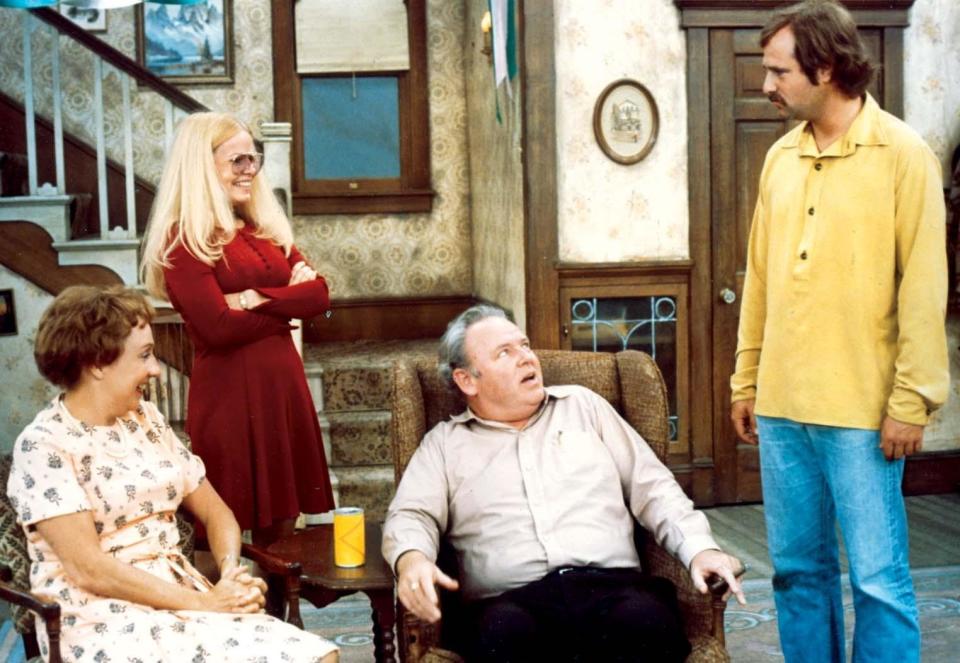
The shaping of Norman Lear
Born Norman Milton Lear on July 27, 1922 in New Haven, Connecticut, he always described his father as being a tremendous influence on him. He adored the man, who, from what can be gathered, actually let his son and family down. At the same time, Lear made no secret of the fact that his dad influenced the creation of All in the Family.
"I had read about the English show 'Till Death Do Us Part from some publication," Lear related to author Paula Finn in her book Sitcom Writers Talk Shop. "and I thought, 'Holy s--t, I grew up with that! How could I never have thought of that?' Because my father used to call me the laziest white kid he ever met. And I would scream at him, 'You know you're putting a whole race of people down just to call me lazy?' And he'd say, 'That's not what I'm doing, you're the dumbest white kid I ever met!"
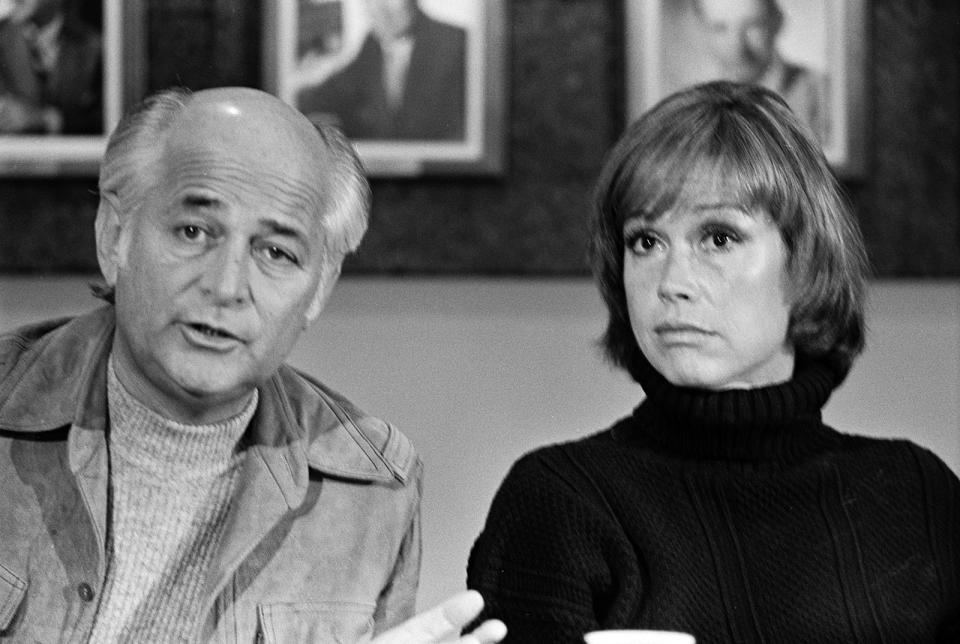
Another important influence in his life was when, at the age of 9, he first heard the antisemitic Catholic radio priest Father Charles Coughlin while Lear was working fixing a crystal radio set.
As he related to NPR, he was outraged, but listened to other broadcasts and recognized that the man would promote antisemitism by targeting people whom Jews considered to be "great heroes," among them US President Franklin Roosevelt. Helping to mold his perception of things, he would eventually come to realize he could use television to share his own views on the world and issues facing society.
Norman Lear's television legacy
Norman Lear's history in television really kicked off with The Deputy, a 1959 to 1961 Western starring Henry Fonda as Chief Marshall Simon Fry. Then, of course, it was the Bunkers vs. the Stivics (and every minority as well) on All in the Family, which ran from 1971 to 1979 (Lear was a a producer in name only of the spin-off, Archie Bunker's Place).
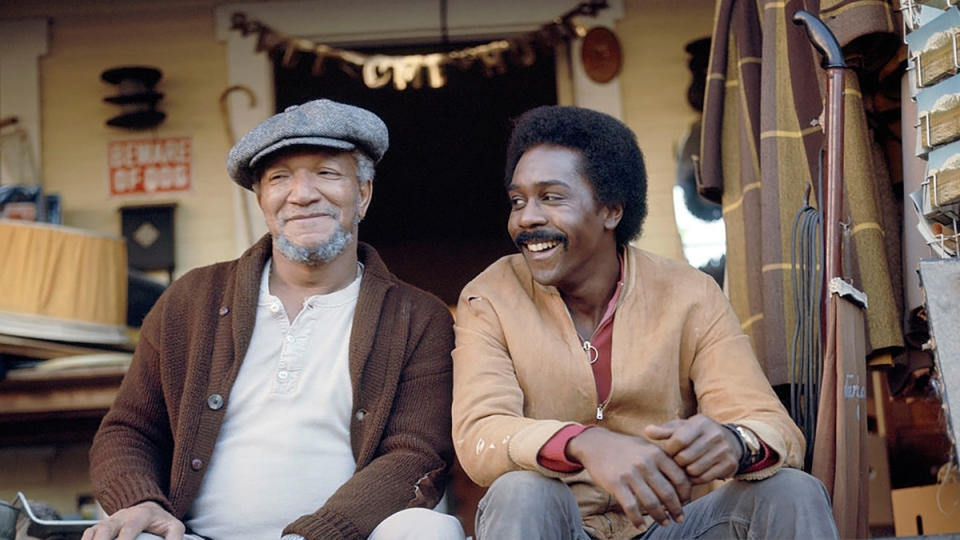
A year after introducing Archie Bunker to the world, he executive producer Sanford and Son, the first huge TV hit featuring black actors (in this case Redd Foxx as Fred Sanford and Demond Wilson as his son, Lamont, as father and son junkyard owners). Also in 1972, he created his first All in the Family spin-off, Maude, starring Bea Arthur in all her pre-Golden Girls days glory in the title role, an outspoken character who took on issues of feminism of the time.
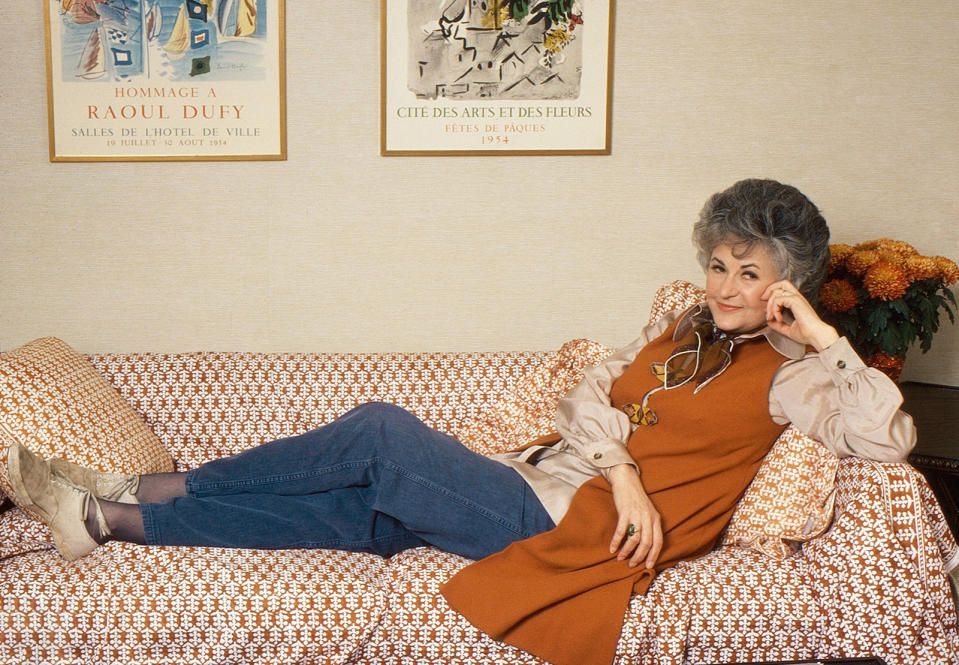
Two years later, it was Good Times, which ran until 1979 and starred Esther Rolle and John Amos as the heads of the Evans family, receiving acclaim as the medium's first two-parent black family (amazing that even had to be a "thing"). This was a spin-off of Maude, and therefore All in the Family spinoff #2. Then, in 1975, came #3 in the form of The Jeffersons, starring Sherman Hemsley and Isabel Sanford as former Bunker neighbors George and Louise "Weezy" Jefferson, who, as the theme song tells us, moved on up to the East Side (of New York).
Hot L. Baltimore was a flop in 1975, but that same year's One Day at a Time, starring Bonnie Franklin as a single mother raising two daughters played by Valerie Bertinelli and Mackenzie Phillips, was most decidedly not, running until 1984 and inspiring a reboot decades later.
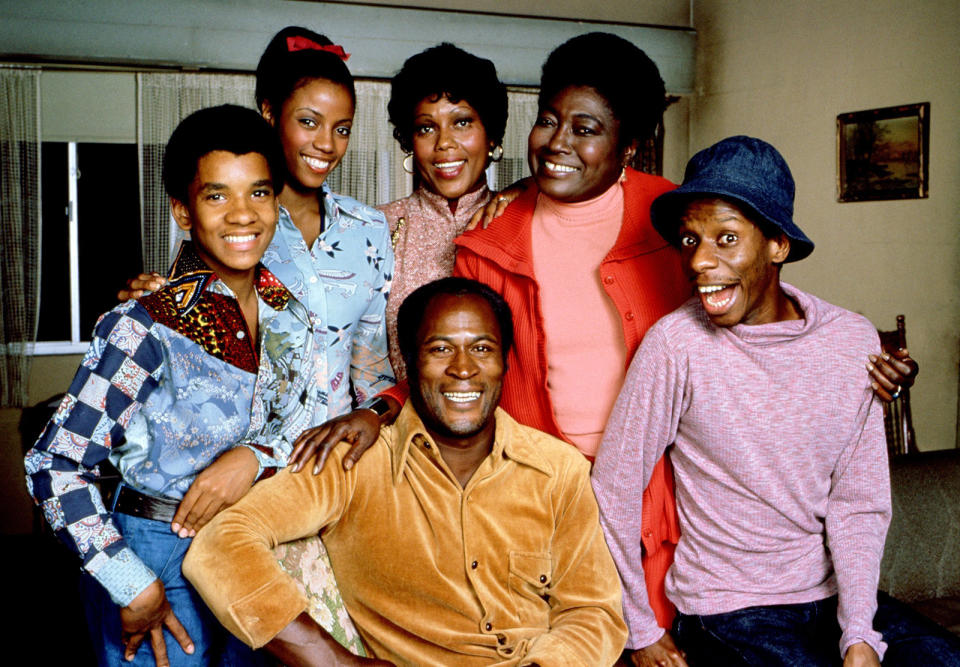
Between 1976 and 1994 he produced or developed 17 other series, none of them going beyond a single season. But even with that in mind, his impact on the television medium reverberates to this day, a point driven home by the success of several editions of Live in Front of a Studio Audience, modern day remakes of classic episodes from his staple of shows that proved they hadn't lost any of their punch despite the passage of time.
Besides getting a star on the Hollywood Walk of Fame, Lear is the recipient of six Primetime Emmys, two Peabody Awards, the National Media of Arts, the Kennedy Center Honors. the Golden Globe Carol Burnett Award, the Woody Guthrie Prize, and in 1999 President Bill Clinton awarded him the National Media of Arts, commenting, "Norman Lear has held up a mirror to American society and changed the way we look at it."
Norman Lear at heart
Lear, in his private life, defined the word humanitarian. He was extremely outspoken supporter of liberal causes, among them the First Amendment. In 1981 he founded People for the American Way, described as a "progressive advocacy organization" that was created in response to the politics of the Christian right.
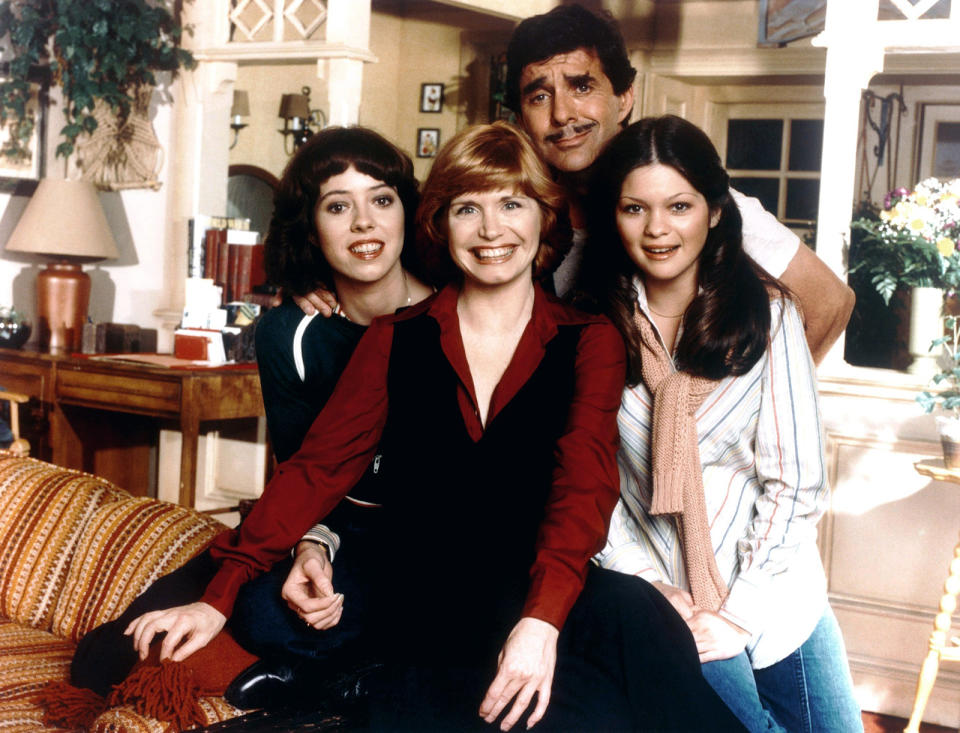
Lear was married three times, first to Charlotte Rosen from 1943 to 1956, then Frances Loeb from 1956 to 1985, and Lynn Davis since 1987. He has six children, not counting all of those television shows.
"When I'm asked, 'Did you change anything?'" Lear shared, "I always repeat the story my grandfather taught me. My grandfather said, 'When you throw a stone or a rock into the ocean or the lake, the level of the water rises. You'll never see it. What you get to see is the ripple.' So I use that metaphor. What you get is a ripple."
